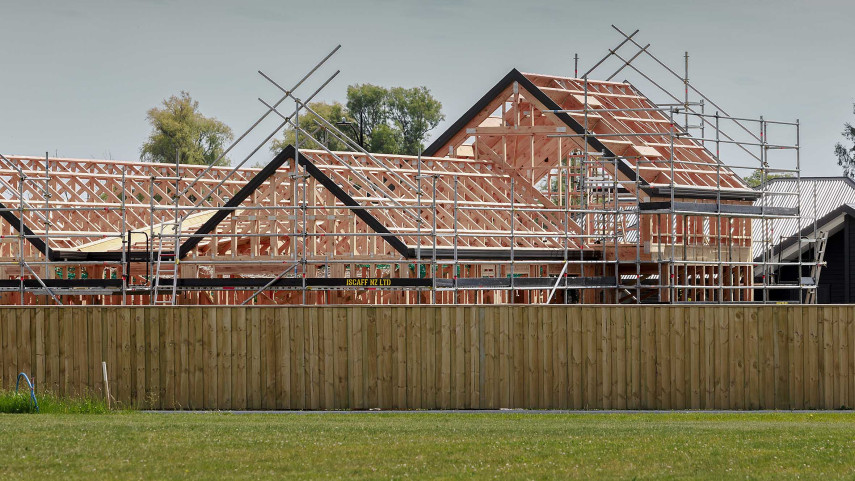Every building project is different so having an understanding of what approvals you need before you start is essential to building it right and making it a success.
Many building projects will require building consent before undertaking the building work. If the proposed building or activity does not comply with all of the relevant rules in the Christchurch District Plan then resource consent will also be required.
All building work must comply with the building code and the rules of the district plan, whether or not a building consent is required. For more guidance refer to the MBIE: Building or renovating? Know your rights (external link)section.
If you are not sure whether you need building consent or resource consent, contact the Council on 03 941 8999 to discuss with a duty building consent officer or planner.
Contact the Council's external legal services provider Anderson Lloyd if you need to engage the Council for the removal of Building Act provisions such as:
- Under section 83(external link) the approval for the entry under section 78(external link) (that enabled a building to be built on two or more allotments) to be removed from a record of title; or
- Under section 74(3)(external link) the approval to remove the section 73(external link) entry (natural hazard notice) from a record of title; or
- Approval to remove BCA encumbrance that was entered on a record of title as a condition of section 67(2).(external link)
If you're going to manage a project, be aware of your responsibilities.
If you're not the project manager, it still pays to know your rights and obligations in the buying and in the building process so you can protect yourself and others within the law.
For more information refer to the MBIE: Homeowner rights and obligations(external link) section.
You must have a written contract for residential building work with a value of $30,000 or more (including GST). However, you can have a contract for any project, regardless of the cost.
A written contract is always a good way to ensure you and your contractor understand your rights and obligations from the start of a project, so make sure your contract spells them out.
For example, your contract should include a payment schedule, a dispute resolution process and information about who does what in the building process.
For more guidance refer to the MBIE: Why contracts are valuable(external link) section.
Related news

Christchurch withdraws from further housing intensification
Christchurch’s bid to opt out of further housing intensification has been accepted.
10 Nov 2025
New Council initiative to raise profile of eco buildings
Owners of energy-efficient buildings in Christchurch can now have that noted as a badge of honour on their property files.
27 Jun 2025
Minister has final say on housing density rules for Christchurch
The Government has issued its final decisions on a number of matters referred to it as part of the planning process for greater housing density in Christchurch.
6 Jun 2025